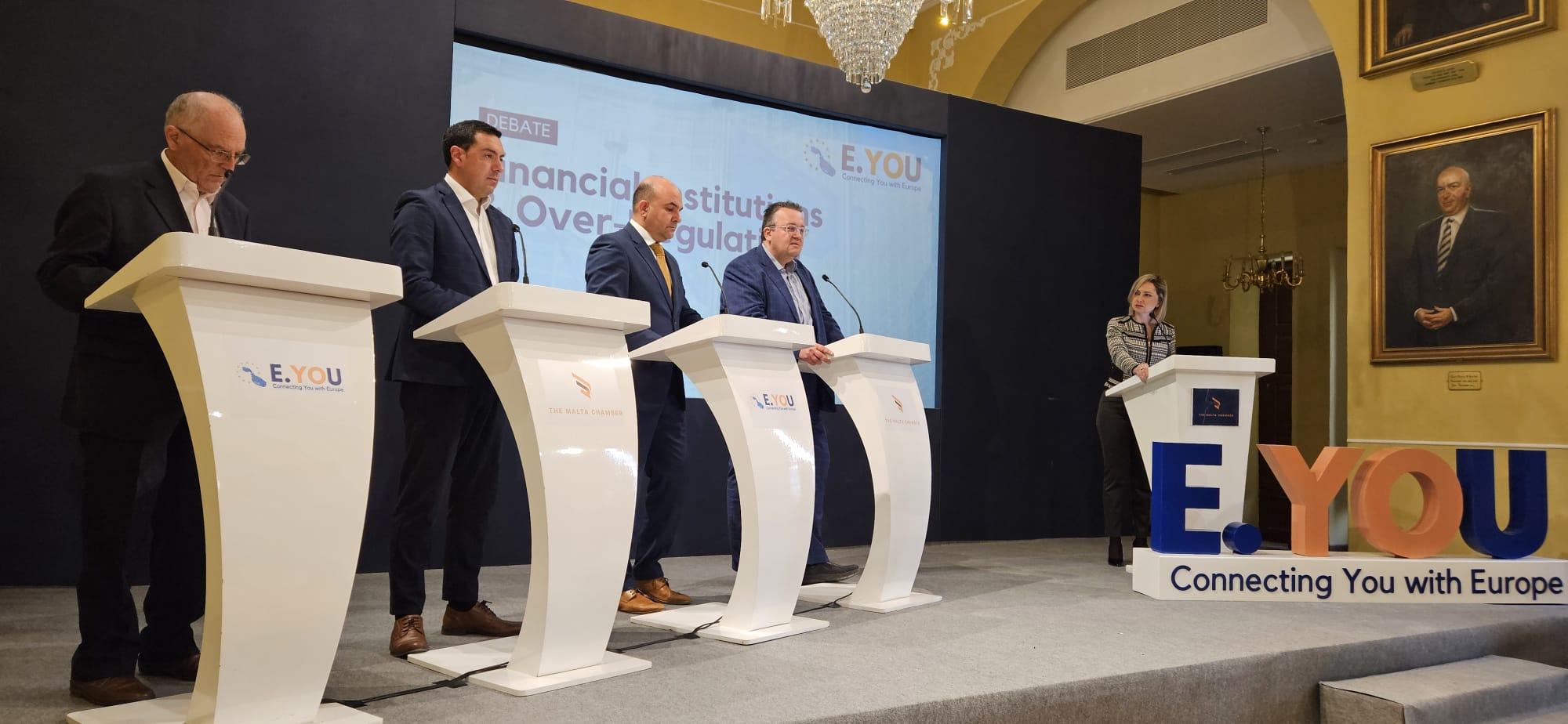An international network of countries aiming to look beyond GDP as the main metric of economic development is gathering steam and expected to expand in the coming months, as more and more people are shifting their understanding of what economic health means.
Finland, Iceland, New Zealand, Scotland and Wales have already signed up as members of the Wellbeing Economy Governments partnership, which wants to transform economies around the world to deliver shared wellbeing for people and the planet by 2040.
This involves moving away from a narrow view of GDP growth as the main indicator of progress, towards an economic policy that seeks to deliver good quality of life for all people in harmony with the environment.
The idea is also gathering steam locally. At a conference organised by the Malta Employers Association in June 2021, the organisation’s director general Joseph Farrugia argued that public good must take precedence over private good to achieve a truly sustainable economy.
He said that the concept of wellbeing needs to take centre stage in a restructuring at national, sectoral and enterprise level.
“We need to accept that, sometimes, in a small, densely populated country, the public good needs to take precedence over the private good. We need to have a collective sense of wellbeing.”
A similar approach was taken by Finance and Employment Minister Clyde Caruana when launching the Malta Skills Survey last October.
“What people expect now is not just growth, but an improvement in the economy. Not just money in their pockets, but also quality of life,” he said, as he outlined his vision for a better, more inclusive economy of the future.
“We cannot expect better results if we keep doing the same thing. If we change the way we work, we can aspire to things that give better returns. This assessment of our abilities is the first step towards a better quality of life,” he said.
In New Zealand, the Government has launched a wellbeing report, hailed by Dominick Stephens, chief economic advisor at the country’s Treasury, as a “landmark moment” which gives lawmakers a big-picture view of what life is like.
“We want to look beyond GDP to understand progress, but we don’t have a singular measure of wellbeing — so we need to look across a range of indicators and evidence to understand progress in this broader sense,” Mr Stephens told CNBC.
As the world continues to emerge out of the COVID-19 pandemic, which significantly shifted people’s expectations for a good life, and with the climate crisis showing no sign of slowing down without a radical overhaul of the economy, such measures can be expected to keep growing.
Valletta ranks 8th most expensive European capital city to live in – study
While London is the most expensive, Bucharest is the most affordable
KM Malta Airlines cancels flights between Malta and Paris on Thursday due to air traffic control strike
Impacted customers can opt for an alternative flight or apply for a full refund
WATCH: MEPs in dialogue – Financial institutions and over-regulation
This is the third in a series of debates designed to engage citizens in the lead-up to the MEP elections ...






